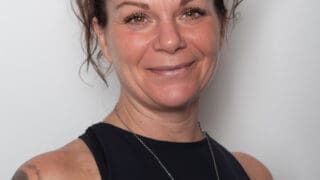Melissa Hinton, the founder and chair of Loudoun Serenity House in Loudoun County, VA, is also a woman with long-term recovery and knows the critical need for a women’s recovery home in the region. She began to work with local community foundations several years ago to create a nonprofit with the mission to build a recovery home specifically for women.
This summer, Melissa reached out to the Loudoun community with her powerful story, including the loss of her sister, to engage support and understanding for this project.
The Loudoun community — businesses and individuals — did step up and this new women’s recovery home is slated to open this fall. Melissa talked to SAFE Project about what women in recovery need to live their best life.
Q: The opening of Loudoun Serenity House comes less than a year after you lost your sister, Rachel. This house is a remarkable tribute to her. What prompted your idea to build a recovery home?
A: I’ve been in recovery for 33 years. People provided options for me to get on a different path with my life. I don’t see those options for people today in my community. I’ve helped many women over the past 20 years in Loudoun County who would have greatly benefited from a recovery house, but none was available in our region.
Recovery houses are a great resource to help someone get through the first year of hurdles and challenges with a network of support. Statistics indicate that 85% of people who live in a recovery house for 1+ years achieve long-term abstinence of 5+ years.
I started the project almost 3 years ago by planning and building a team of support. We won a grant from 100 Women Strong that provided the money needed to plan and establish the foundation for our non-profit. When my sister died last October, it only pushed me harder to get this house open.

Q: Your vision is to create a supportive environment for newly-sober women. Are there supports and needs that are specific to women in recovery?
Yes. Women are often in co-addicted relationships, struggling with impending divorce and child custody battles. They may also have a long history of physical and/or sexual abuse. As you can imagine, the shame and guilt of all these life experiences can be overwhelming. The first step is to remove the barrier that the substances have created so that the healing can truly begin.
A: We often hear that the “opposite of addiction is connection.” How does connection, or the lack of connection, affect women in recovery or who are seeking treatment?

Isolation and depression are real struggles in early recovery. Having a support system and accountability help women move through these two big challenges. Recovery houses provide structure for women to interact, hold group meetings and learn how to work through issues and feelings by communication, rather than self-medication. Any fatal disease or illness requires a recovery plan and a team of people to address individual issues. It’s no different with a substance use disorder.
Our community has wonderful resources, but many people don’t know this or have been in deep crisis and need help navigating them. Our network of women will help direct our residents to other non-profit resources in the community to address specific issues. These non-profits will include Loudoun Abused Women’s Shelter (LAWS), employment resource centers, therapists, relapse prevention specialists just to name a few.
Q: If I’m a woman in need of a sober living place, what can I expect at Loudoun Serenity House?
A: Loudoun Serenity House is a substance-free, structured living environment that promotes healing and practical skills to live a healthy, substance-free life. Our live-in House Manager provides recovery coaching to each resident in support of her recovery goals. The house can accommodate up to eight residents with each of them required to work and pay rent as well as participate in house meetings and activities. The optimal length of stay is one year but we will have women stay shorter or longer periods of time.
Women struggling with substance use disorder deserve and can achieve a new life in recovery; surrounded by a network of women who will walk the road with them. ”
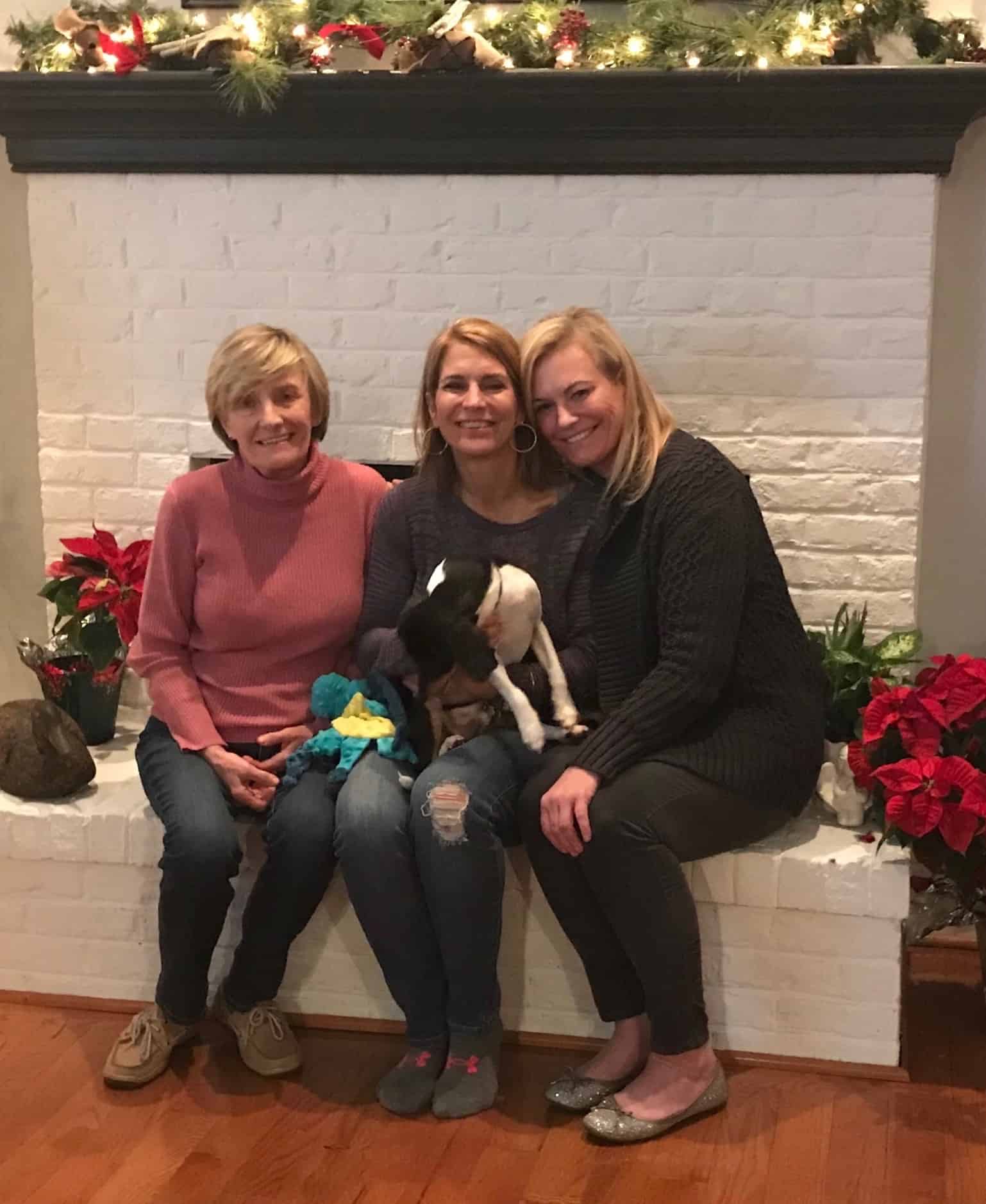
Q: In your video, you mention that your sister’s death was caused by alcoholism and alcohol overdose. People hear a lot about drug overdoses but are largely unaware about alcohol overdoses. What is it?
A: Alcohol overdose is when a binge drinker overdoses and dies from the toxic levels of alcohol. As the body becomes dependent on the alcohol (late stage) the individual can go into shock and cardiac arrest from suddenly stopping the alcohol. This is why detox and monitoring are so important.
My sister died last October 27 and was a binge drinker for the last couple of years of her life. She would use self-help meetings for a period and pick up for a 1-2-week binge. Her withdrawal would often be so lethal that often she would spend 3-5 days in critical care for sedation.
College campuses are facing big issues with alcohol overdose. My sister actually died from a drug overdose and was labeled suicide. I know her cycle and am confident that she tried to self-medicate. She didn’t want to go back to the hospital to be admitted back into the critical care unit. Recovery houses, like Loudoun Serenity House, kept my sister alive for several years. We can’t look at the fact that she didn’t sustain long term recovery.
Like all diseases, remission for extended periods of time is common. Many people do obtain lasting recovery. Dozens of my friends and I are examples of 30+ years of healthy substance free living.
Q: For you — and for the women you plan to help – what does it mean to be “on the way to your best life”?
A: Women struggling with substance use disorder deserve and can achieve a new life in recovery; surrounded by a network of women who will walk the road with them. Maybe it’s time to try something different and take that first leap of faith.
More on Recovery & Housing
-
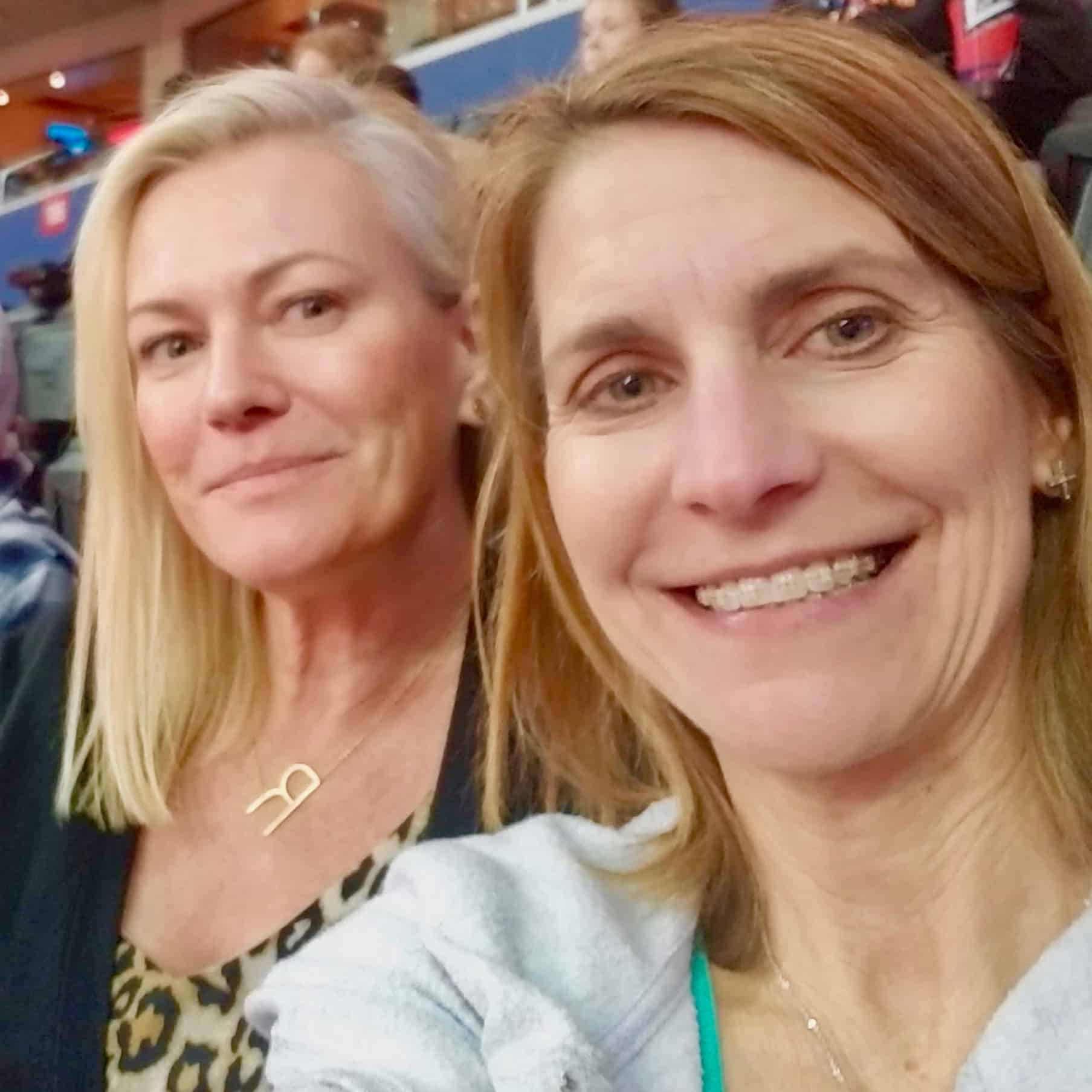
-
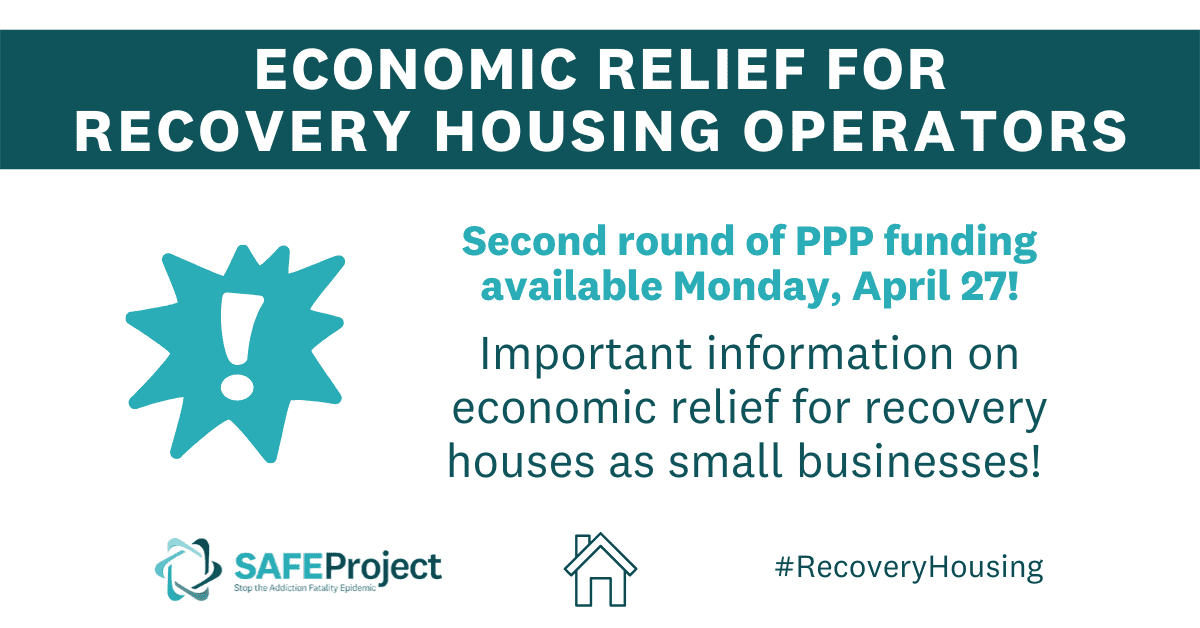 News
NewsEconomic Relief for Recovery Housing Operators
Important information regarding economic relief for recovery houses as small businesses. -
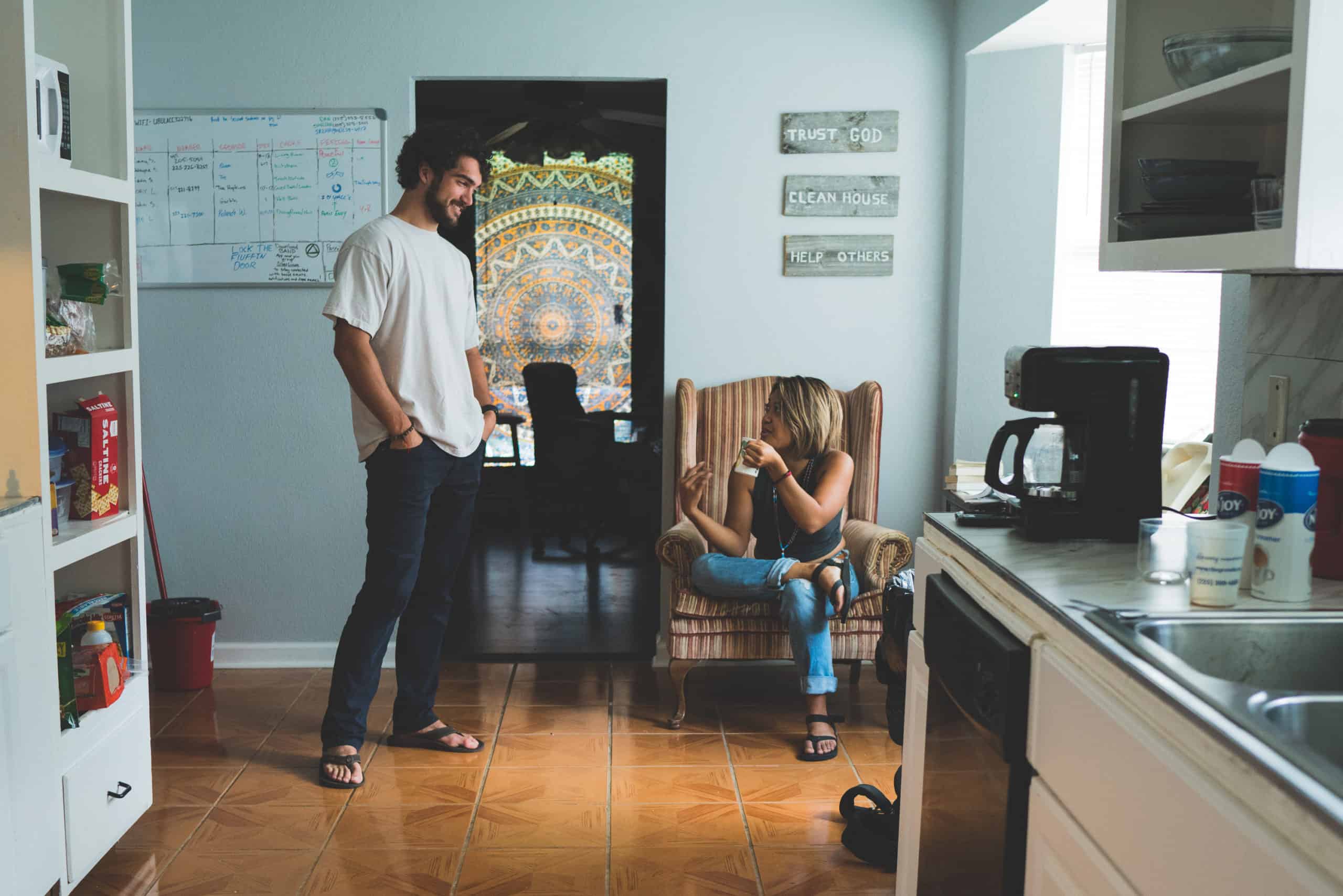 News
NewsTips for the Recovery Housing Community During COVID
People in the recovery housing community persevere through adversity, but here are some helpful tips for now.



